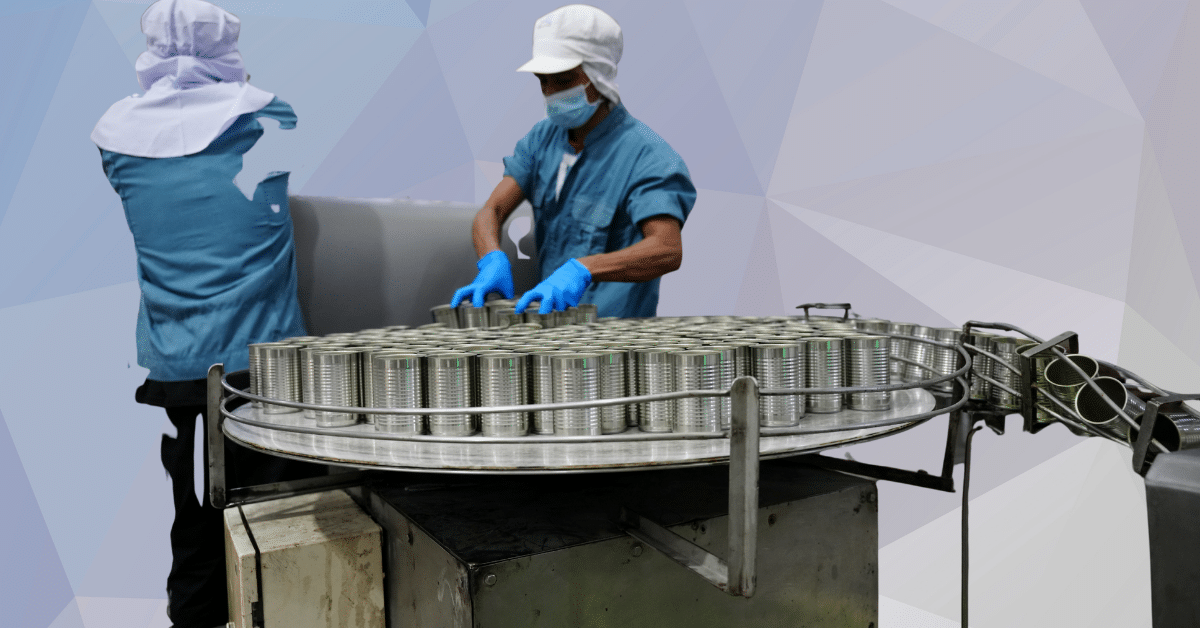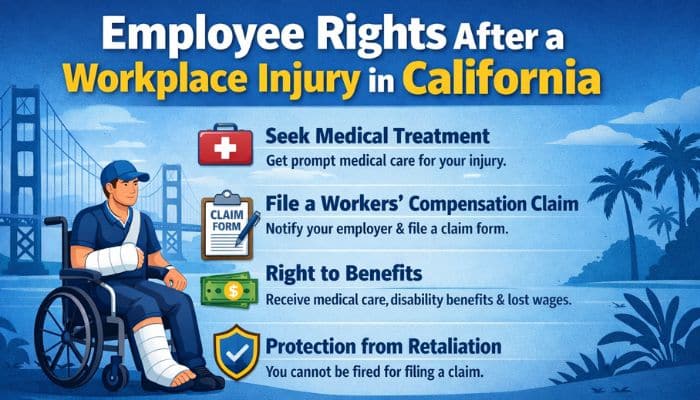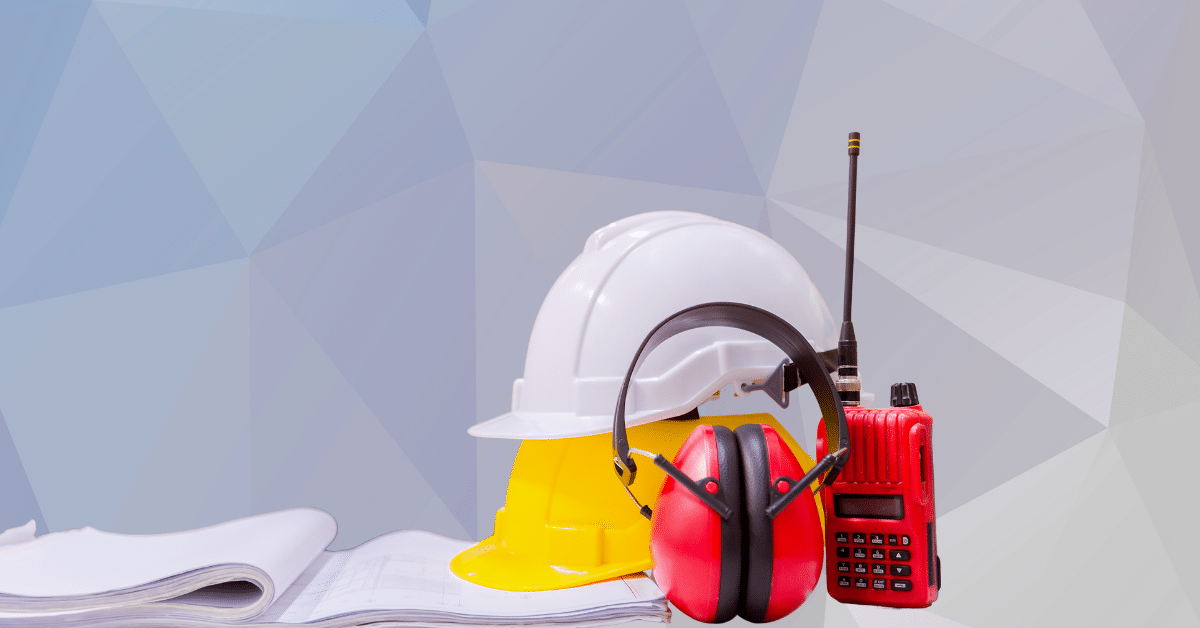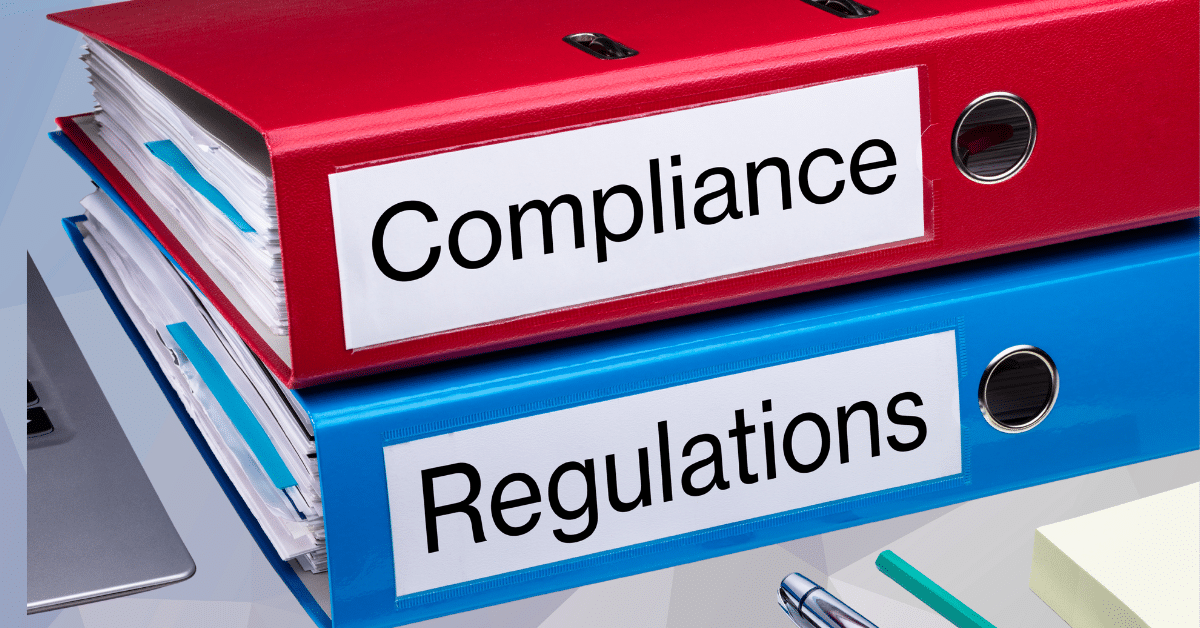I can still vividly recall a Friday evening many years ago when I was running a popular bar. Things were going at full speed—the kitchen was busy, the bartenders had a three-deep line of people waiting, and patrons were packed into every nook and cranny. That’s when a waitress leaned over and told me that one of our bartenders had just served a minor a drink. The ID looked real, the place was hectic, and the call was made too quickly. That mistake cost us thousands in fines and weeks of bad press. It also taught me a lesson I’ve never forgotten: without proper training, good people can make bad decisions under pressure.
That’s why Food & Alcohol Compliance training matters so much for businesses. It’s not about dumping rules on your staff. It’s about equipping people with everything they need and the confidence to do the right thing—every time.
The challenges we face every day
Running a food or beverage business isn’t simple. On a normal night, you’re balancing staff schedules, orders that run late, a fridge that decides to act up, and customers who all want their food yesterday. In the middle of that chaos, compliance isn’t always the first thing on your mind. But it has to be, because one slip-up can change everything.
It might be a server unsure about refusing another drink to a customer who’s clearly had enough. Or a cook who doesn’t realize the risk of storing raw meat too close to fresh produce. Or a cashier who’s never been shown what to look for in a fake ID. These aren’t people trying to cut corners—they’re people doing their best without the right guidance. Training fills in that gap.
Why it matters now more than ever
Today’s customers expect more. They want to be able to feel secure about what they’re drinking and eating. They want to feel that the businesses they give their money to are concerned with their health. And regulators? They’re stepping up too—more inspections, higher penalties, less leniency.
What makes it tougher is that mistakes don’t stay hidden anymore. One shaky cell phone video of mishandled food or overserving the wrong customer can be all over social media in minutes. You can lose years of reputation in a single post.
But here’s the other side of that: when your employees get it right—when they check IDs correctly, handle food correctly, and conduct themselves professionally—customers take notice of that too. That’s the sort of trust that causes them to return.
The bigger responsibility we all share
The numbers are sobering. Hundreds of millions of people worldwide get sick each year from contaminated food. In the U.S., alcohol-related accidents take tens of thousands of lives. Behind those numbers are real people—sons, daughters, parents, friends.
When we run a restaurant, a bar, or even a small corner store, we’re part of something bigger. We’re not just serving food and drinks; we’re part of keeping communities safe. Training makes that responsibility a little lighter because it gives everyone on the team the know-how to protect the people we serve.
How to make training stick
Here’s what I’ve learned: long, boring lectures don’t work. People zone out. What works is keeping training short, practical, and real. Ten minutes before a shift to talk through a scenario. Role-playing how to handle an aggressive customer. Quick posters in the kitchen or behind the bar as reminders. Managers checking in casually during shifts, not just during inspections.
Technology helps too. There are tools now that track certifications, alert you when someone’s due for a refresher, and keep everyone updated when rules change. That takes the stress off owners and managers who already have a hundred things on their plate.
Building a culture where compliance feels natural
The best businesses I’ve seen are the ones where compliance isn’t treated like a chore—it’s just part of the culture. The cook double-checks temperatures because that’s the standard. The bartender refuses a drink without hesitation because they know management will back them up. The server reports a storage issue because they know speaking up is encouraged.
That kind of culture doesn’t happen by accident. Owners make the tone, managers enforce it, and employees execute it. And when everybody feels they’re in it together, compliance doesn’t feel like “the rules” any longer, but rather like the way we do business.
Real-world lessons
I’ve seen both sides of this. That Chicago bar that was fined $10,000 because a bartender wasn’t trained to spot fake IDs—it rattled the staff, scared off customers, and nearly shut them down. They rebuilt, but only after they invested heavily in proper training.
On the other hand, there’s the small restaurant I knew in Texas. They weren’t showy, but they were serious about training. When inspectors showed up unannounced, the staff didn’t go into a panic—they knew what to do. They had a clean record, and the local paper picked it up, and that little splash of good publicity packed their dining room for months.
Keeping it alive day after day
Compliance training can’t be something you do once and forget. People leave, policies change, and routines fade unless they’re kept fresh. Companies that succeed at this integrate compliance into the routine of everyday work. Working in short bursts, daily reminders, buddy systems for new hires with veterans—these are the ways compliance becomes a habit. It’s not about being perfect; it’s about continuous improvement.
Why this matters for your future
So, what makes Food & Alcohol Compliance training essential to businesses? Because it protects your customers, your staff, and your reputation. It’s the difference between dealing with fines and damage—or building a place people trust and respect.
I’ve learned the hard way that training can save you from headaches you never want to face. But I’ve also seen the upside—teams that feel empowered, customers who notice the care you put in, and businesses that thrive because they’ve built trust the right way.
If you’re in this business, don’t think of compliance training as extra work. Consider it the key to everything you do. When your employees know what to do and feel good doing it, the rest of your business goes better. And in this business, that makes all the difference.


















